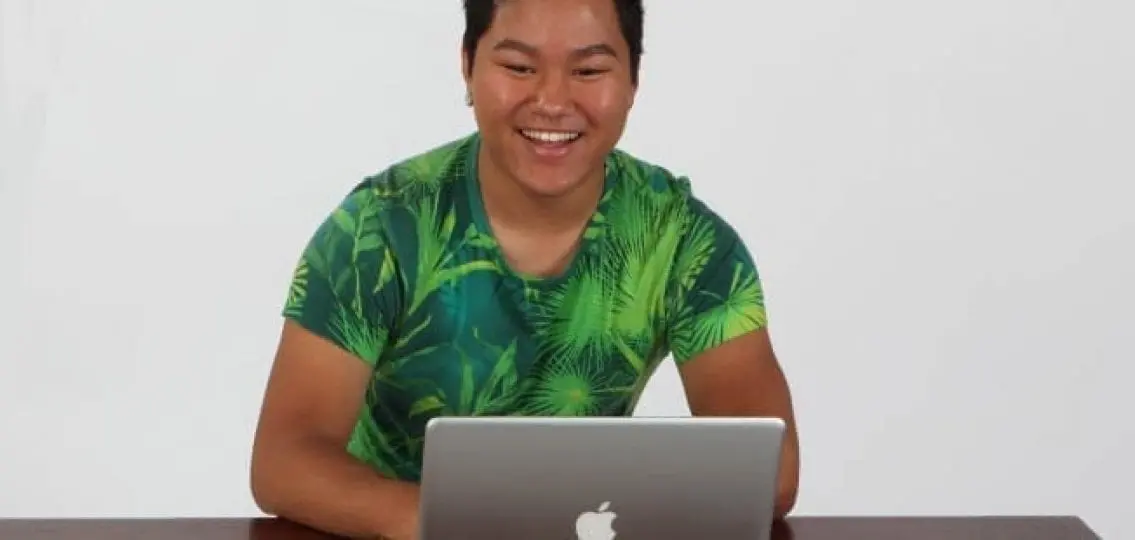If your teenager will be applying to college soon, it’s time for what experts call a “social-media audit.” In a nutshell, this is a review of what someone could find out about your teenager by googling or snooping around on various social media services.

Why? Well, because one of those someones may be the admissions director of your teenager’s dream college. According to a 2018 survey by Kaplan, 57% of those surveyed believe it is “fair game” to look at applicant’s social media, and 25 percent of admissions staffers said they google applicants and/or look them up on social media. In 2017, Harvard rescinded the applications of 10 students after discovering that they had made offensive posts, and recently, stories have been circulating about several colleges rescinding admissions due to racist social media posts.
While teenagers have gotten smarter about how and what they post and it is harder to follow some of the newer platforms like Instagram stories and Snapchat, the fact remains that college admissions officers are often quite skilled “digital natives” themselves, according to Rob Zidar, principal with ThirdParent, a New Jersey-based company specializing in Internet safety for families. That means that “They are used to googling everything.”
What’s more, Zidar adds, “100 percent of them could do it.”
So, how to make sure your teenager’s social-media resume is not the reason she ends up in the reject pile. Start by reviewing what you’re able to find out about your teenager with an Internet search. Your search should include Google, as well as social media services (Twitter, Facebook, Instagram). “Then think about this from the point of view of someone who has never met your teenager,” says Zidar. in essence, what you find is really your teenager’s social-media resume:
5 Tips to Clean Up Your Social Media:
1. If it’s inappropriate, take it down
Have your teenager remove content that you’d rather an admissions officer not see. This includes anything sexual (provocative photos, for example) or illegal (underage drinking, for example).
2. Consider the message
Consider the message your teenager’s social-media resume may be sending. Remember, the admissions staffer doesn’t know your teenager or his or her personality. What friends and family may interpret as a joke, an admissions officer may view differently, possibly negatively.
3. Use privacy settings
In general, consider ratcheting up the privacy settings on your teenager’s social media accounts and/or removing content that could easily be misconstrued. If your teenager would prefer an admissions counselor—or any stranger for that matter—not be able to view his or her social media activity, then the solution is to use privacy settings that allow only friends to see what your teenager posts.
Just remember that anyone who can see a post can take a picture of it, so it’s best to assume that even on services like Snapchat (where posts disappear after a friend sees them) your posts can still go public.
4. Ask for help
If someone else has posted unflattering content about your teenager, ask your teenager to get in touch with that person to remove it. Note that some social media services, including Facebook and Instagram, have tools individuals can use to request inappropriate photos be taken down.
5. Create content that helps
While a third of admissions officers in the Kaplan survey said they found unflattering activity about applicants, a third said they found activity that helped applicants. Ask your teenager to think about ways she can use social media to bolster her application.
“This limited data set is something someone is going to use to get to know your teenager,” says Zidar. “You want the quick opinion that is formed to be a positive one.”
“If a student is applying to something very specialized, consider creating some content online that speaks to their interest in that area of study,” advises Zidar. Note also that your teenager can create a resume on LinkedIn or create an online portfolio as a way of showcasing her interests.

While it’s best to start this process early, it’s never too late, says Zidar. “Make it an easy ‘Yes,’ decision. A student we want at this college.”



